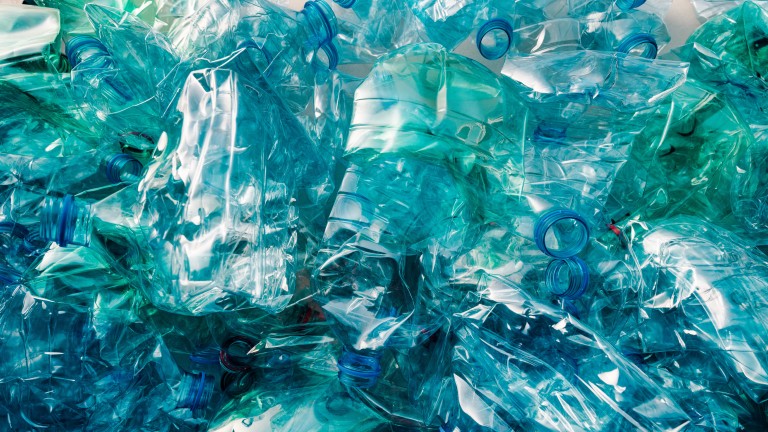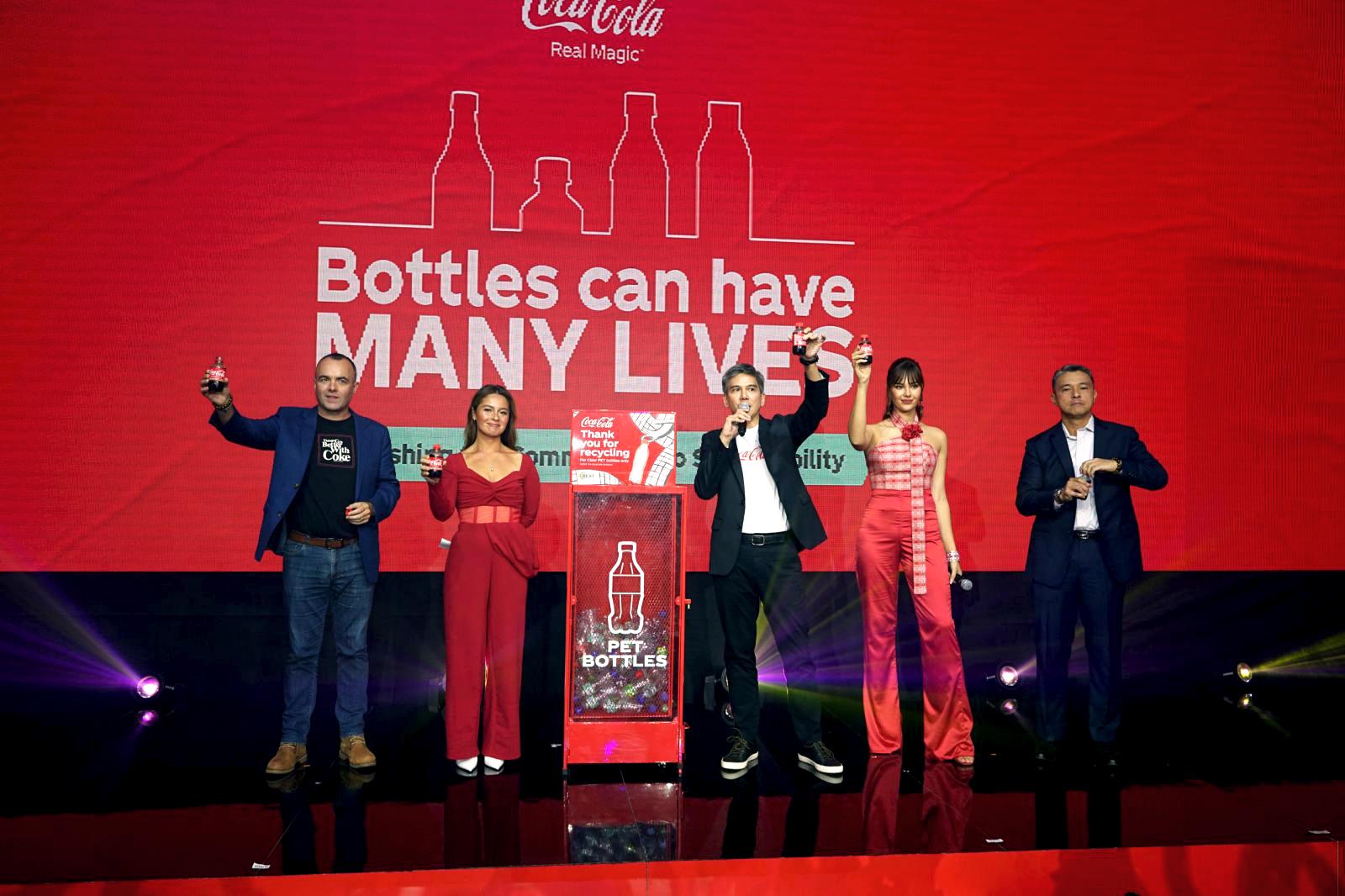




Coca-Cola Philippines and Califia Farms are both intensifying their efforts to achieve a circular economy for plastic packaging. Coca-Cola Philippines has made significant progress in environmental sustainability and plans to accelerate its initiatives in 2024. One of their key goals is to achieve a circular economy for plastic packaging, and they have introduced bottles made from 100% recycled PET plastic. To promote recycling, Coca-Cola Philippines launched the consumer engagement initiative 'May Ikabobote Pa,' which provides information about recycling drop-off points. They have also formed partnerships to expand recycling drop-off points and enable micro-entrepreneurs to participate in the circular economy. Additionally, Coca-Cola Philippines has a 2030 Water Security Strategy in place to achieve 100% circular water use and enhance the health of critical watersheds. They implement water-saving initiatives and collaborate with the Coca-Cola Foundation Philippines to improve access to safe and clean water. Coca-Cola Philippines is dedicated to serving consumers sustainably and building a thriving business. [43882caa] [7e342ce0]
Califia Farms, a plant-based beverage company, is also transitioning its bottles in the US and Canada to be made from 100% recycled polyethylene terephthalate (rPET). This move is expected to reduce greenhouse gas emissions by at least 19% and lower energy consumption by 50%. The transition applies to all of Califia Farms' products, including plant milks, creamers, coffees, and teas. The company aims to raise awareness among consumers by incorporating QR codes on the new packaging, providing access to sustainability reports. CEO Dave Ritterbush highlights the importance of reducing reliance on virgin plastic and aligning with a circular economy. The transition follows Califia Farms' previous sustainability initiatives, including lightweighting measures. Vice President of Sustainability Ella Rosenbloom emphasizes the critical role of replacing virgin plastic with recycled plastic in achieving a circular economy. [d1bf387a]
Beverage manufacturers in the U.S. are increasingly shifting from PET to rPET bottles to lower carbon emissions and advance the circular economy. The U.S. Environmental Protection Agency announced a goal to increase the national recycling rate to 50% by 2030. Major soft drinks producers like Coca-Cola and Pepsi have already adopted 100% rPET bottles. Califia Farms launched 100% rPET bottles in March 2024. Consumer interest in sustainable packaging and recyclability is growing, with 62% of U.S. consumers considering recyclable packaging claims as a key driver of their product purchases. Companies will have to adopt rPET on a wider scale to attract and retain consumers in the long term. [b7049ede]
Cabka N.V., a company specialized in transforming hard-to-recycle plastic waste into innovative Reusable Transport Packaging (RTP), received a B score in its debut Climate Disclosure Project (CDP) assessment. The assessment, conducted by CDP, a globally recognized non-profit organization, measures corporate climate performance. Cabka's B score reflects the company's commitment to sustainability and environmental responsibility. The plastic product manufacturing industry has an average grade of C, making Cabka's performance above average. Cabka's commitment to a low-carbon circular economy is evident in its product designs and material management strategies. The results of the assessment and Cabka's responses are available on the CDP website. [63a750e6]